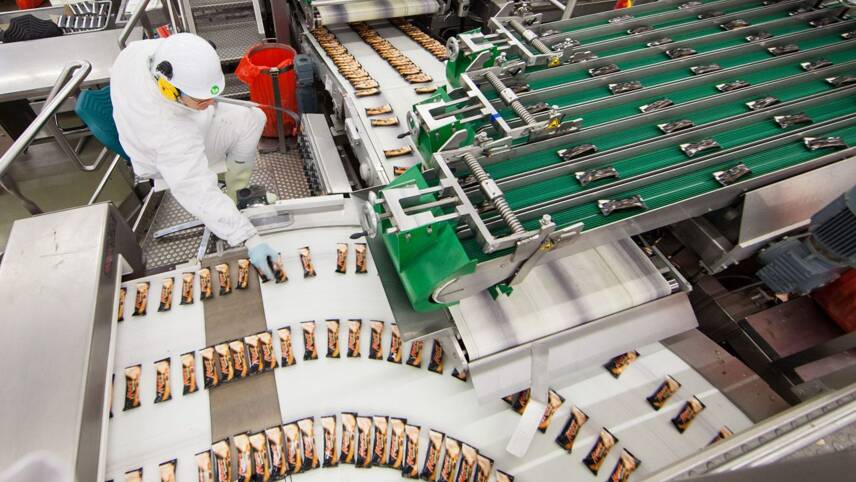Register for free and continue reading
Join our growing army of changemakers and get unlimited access to our premium content

Image: Mars Wrigley
The FMCG giant will complete the replacement of the gas boiler at its ice cream manufacturing plant in Steinbourg this summer. Electric heating infrastructure will be installed in its place.
The new heating infrastructure will be powered using 100% renewable electricity. Mars Wrigley has agreements in place to procure only electricity from wind, hydro and solar power facilities for its operations in France and 11 other countries – namely India, Australia, Austria, Belgium, the Czech Republic, Hungary, Lithuania, Mexico, Poland, Spain and the UK.
Mars Wrigley is forecasting that the new heating system at Steinbourg will reduce the site’s Scope 2 (power-related) emissions by 600 tonnes of greenhouse gases each year. Learnings from the project may enable similar changes at the business’s other manufacturing sites, as Mars works to reduce value chain emissions by 67% by 2050 against a 2015 baseline. At that point, all remaining emissions will be offset, bringing the business to net-zero.
“The world we want tomorrow hinges upon the responsibility of businesses to make changes today, which is why we’re pioneering projects such as the first 100% renewable energy factory in the Mars Group,” said Mars Wrigley Europe, CIS and Turkey’s vice-president for supply, Florence Mouls.“This is a key milestone for both Mars Wrigley in Europe, and Mars, Incorporated as we continue to make steady progress towards achieving net zero throughout our value chain by 2050.”
Mars, Incorporated, first set its 2050 emissions goals back in 2017. They form a key part of its ‘Sustainable in a Generation’ plan, which the business is backing with $1bn of investment.
The business recorded a 7.3% reduction in value chain emissions between 2015 and 2020. An interim target, for a 27% reduction between 2015 and 2025, is in place to support the long-term net-zero goal.
In 2020, the last year for which Mars has published sustainability data, 54% of the business’s electricity consumption was renewable. As well as shifting to renewables, decarbonisation schemes that the business has been focusing on include optimising energy efficiency, installing heat recovery systems at factories and cutting water consumption.

